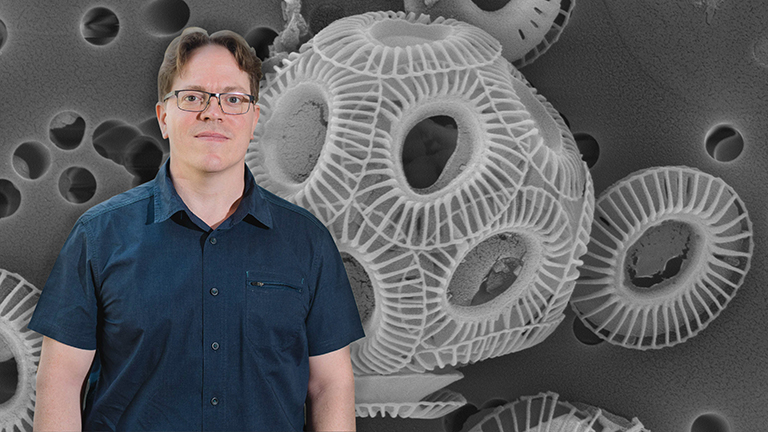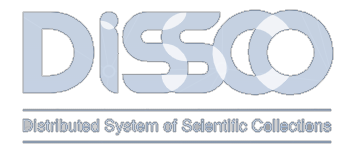IBBR Webinars


The Southeast Pacific as a natural laboratory for investigating phytoplankton in a changing ocean
Prof Peter von Dassow, PhD
Departamento de Ecología, Pontificia Universidad Católica de Chile, Investigador Asociado, Instituto Milenio de Oceanografía, Research Fellow at Stazione Zoologica Anton Dohrn Naples Italy - Chile
October 26, 2022 (15:00-16:30)
Webinar Link: https://meet.goto.com/686518525
Abstract: The Southeast Pacific presents a natural laboratory for studying how marine organisms and ecosystems respond to ongoing changes of ocean acidification, deoxygenation, and enhanced productivity gradients affecting the global ocean. In this region, upwelling and natural oxygen deficient zones along the coast result in highly productive waters that are also high in CO2 and low in pH and O2. The fjords and inner seas in Chilean Patagonia present an environment where carbonate chemistry and biological productivity are impacted also by freshwater input. The region also exhibits a vast productivity gradient between the coast and the ultra-oligotrophic waters of the South Pacific Gyre. I investigate how phytoplankton respond to these gradients and stressors. A special focus is on cosmopolitan genera chosen for contrasting functional characteristics and evolutionary trajectories, including the species-poor genus Emiliania/Gephyrocapsa representing coccolithophores (calcifying phytoplankton), and, more recently, Psuedo-nitzschia, the most species-rich genus of planktonic pennate diatoms. Observational and experimental approaches suggest that temperature, carbonate chemistry, and - surprisingly - dissolved O2 are important variables in distributions of individual phytoplankton species. In the case of coccolithophores, carbonate chemistry appeared important in defining realized niches in the environment but, in contrast, forms of E. huxleyi that dominate high CO2 waters were not exceptionally resistant to acidification in the lab. In several planktonic functional groups, including coccolithophores, and dinoflagellates, lower productivity/lower biomass open ocean waters have high diversity, a pattern reflected even at the intra-specific level in E. huxleyi both in terms of phenotypes and genotypes. These last observations have turned our attention to including biotic interactions
Author's Info: https://biologia.uc.cl/von-dassow-peter/




